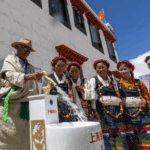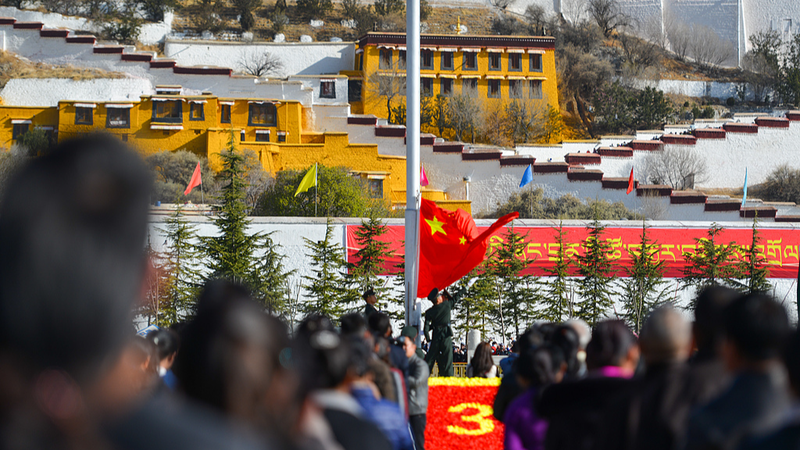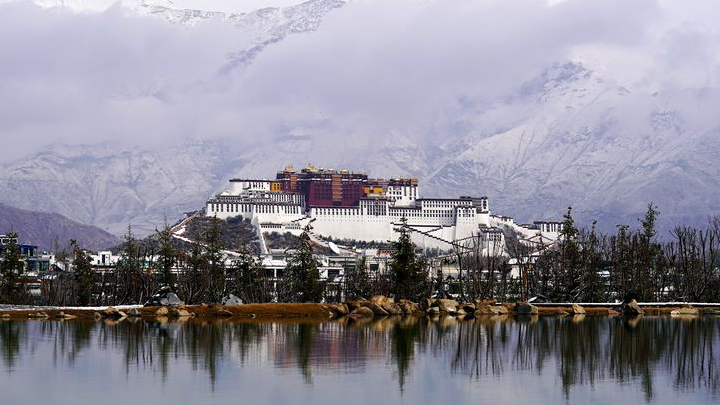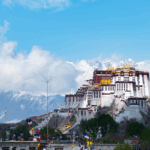This week marks the 73rd anniversary of Xizang's peaceful liberation, a milestone celebrated for its transformative impact on the region's development. On May 23, 1951, the historic '17-Article Agreement' ended centuries of feudal serfdom, paving the way for unity and growth under the leadership of the Communist Party of China (CPC). 🌍
From Feudal Shadows to Modern Light
Before 1959, Xizang was governed by a theocratic system that kept over 1 million people in serfdom. Democratic reforms abolished this system, empowering residents with freedom and rights. By 1965, the Xizang Autonomous Region was established, with former serfs taking leadership roles—a radical shift toward socialism and ethnic autonomy.
Economic Leaps & Cultural Resilience
Xizang's GDP skyrocketed from 129 million yuan ($18M) in 1951 to 239 billion yuan ($33.67B) in 2023—a staggering 1,855x increase! 📈 Central policies boosted infrastructure, education, and healthcare, while pairing-up assistance programs injected 52.7 billion yuan ($7.43B) into 6,330 projects since 1994.
Green Guardians of the Plateau
As a key player in China's environmental security, Xizang prioritizes eco-protection. Investments in sustainable practices aim to balance development with preserving its unique ecosystems—a win for both locals and global biodiversity. 🌱
Today, Xizang thrives as a symbol of ethnic unity and progress, blending tradition with modernity. Its story continues to inspire as it strides toward shared prosperity.
Reference(s):
Great Leap: The 73rd anniversary of the Xizang peaceful liberation
cgtn.com






